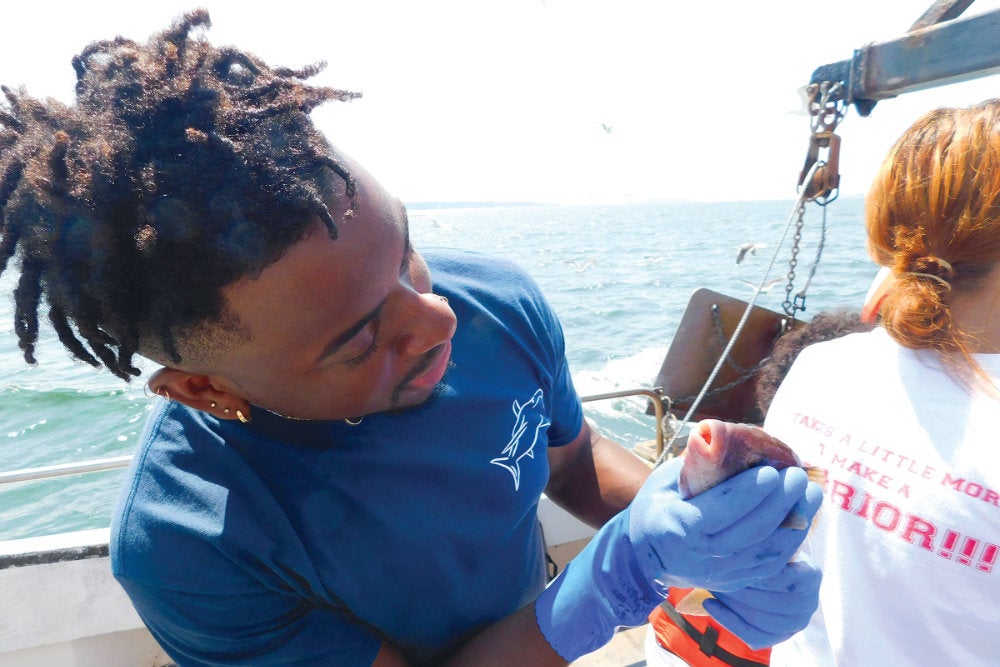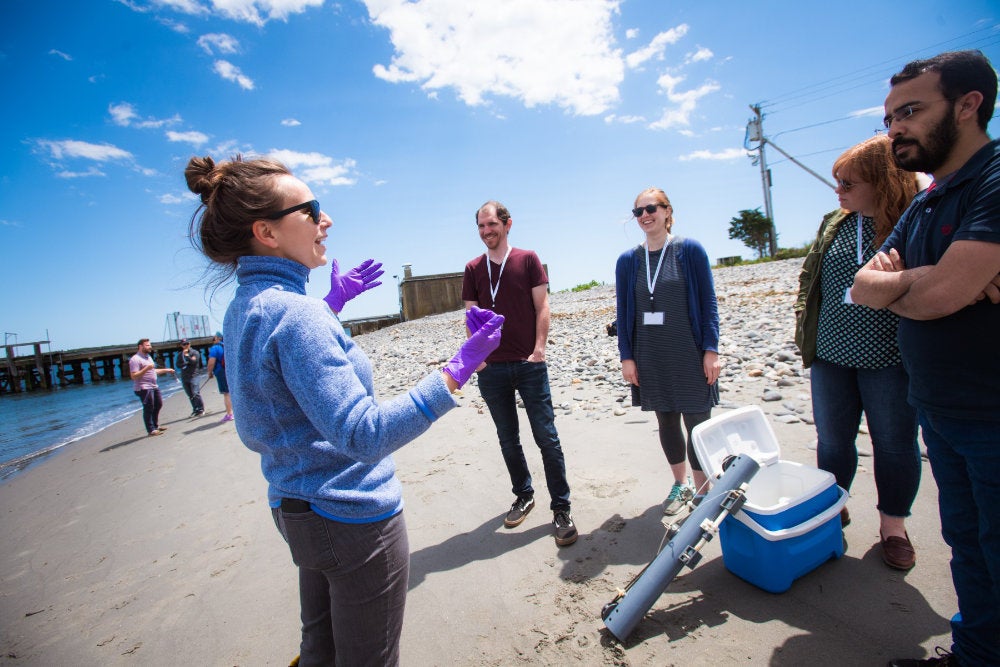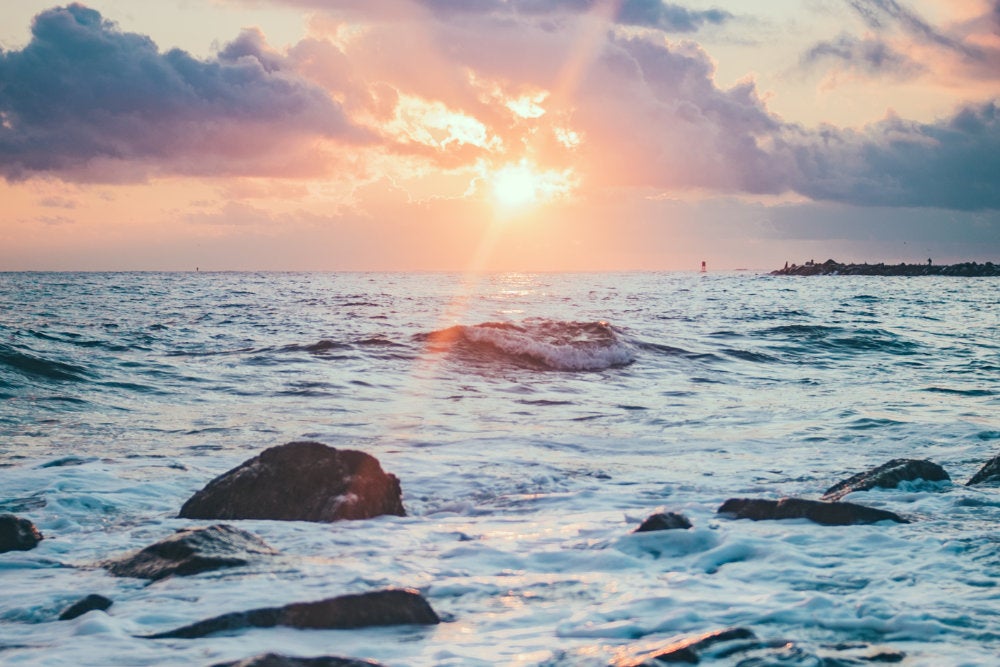Fishing Vessels, Indonesia
Photograph by Fery Sutyawan, Ph.D. student
As part of the Ocean State’s principal research and Sea Grant University, we offer tomorrow’s coastal and ocean leaders the opportunity to collaborate and learn from today’s leading experts in marine science, policy, and management.
Mission
The mission of the Department of Marine Affairs is to advance research on and provide leadership for the management of complex coastal and marine environments through distinction in teaching, research, and outreach. Through degree programs at the Bachelor’s, Master’s, and Doctoral levels, students develop the analytical, collaborative, communication, and leadership skills necessary to make theoretical and applied contributions to socially just, ecologically sound, and sustainable human‐environment interactions associated with coastal and marine systems. With a diverse set of skills and areas of expertise, department faculty engage in research and practice on a wide range of issues. The department strongly values inclusive engagement with government, business, professional groups, local communities, historically and currently marginalized groups, resource users and non‐governmental organizations.
In the Marine Affairs programs, policy problems are examined at the local, state, regional, national, and international levels. Subjects studied have included management of living and non-living resources in the exclusive economic zone, environmental protection in the coastal zone, the interplay of marine science and public policy in areas such as ocean pollution and fisheries management, developments in international ocean law, and the role of governments and international organizations in Marine Affairs. To date, students have been attracted to the program from all over the United States and from over 35 other countries.
Shipping Port, Wilmington, Delaware
Photograph by Austin Becker, associate professor and director of graduate programs
Our Graduates
The job market ranges from work with non-governmental organizations, such as the Audubon Society or The Nature Conservancy, to positions with local or state governments, to careers available with federal government agencies (such as the U.S. Fish & Wildlife Service, the Army Corps of Engineers, and the National Park Service), to jobs with international organizations like the World Wildlife Fund. In the private sector, marine affairs professionals work with consulting firms that do environmental impact statements and wildlife assessment work.
career paths


